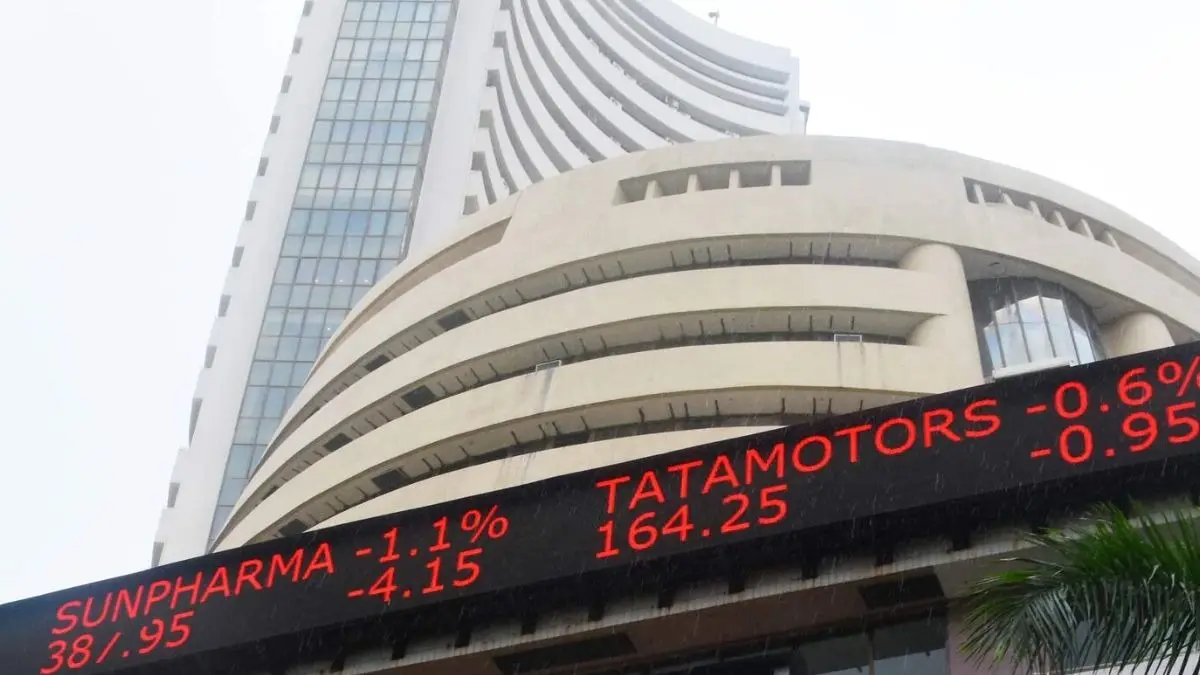Updated 18 June 2025 at 13:45 IST
BSE Share Price: Why Stock Exchange's Shares Are Falling On NSE After Expiry Day Change?
BSE shares fell sharply after the exchange confirmed a change in the expiry day for equity derivatives contracts. The move, approved by SEBI, seems to have shaken investor sentiment, leading to a sell-off in the stock.
- Republic Business
- 3 min read

Shares of Asia's oldest stock exchange, BSE (Bombay Stock Exchange), dropped nearly 6% on Wednesday morning, following an official announcement about a major change in the expiry day for equity derivatives contracts.
The stock fell to a low of Rs 2,500, which is Rs 164.40 or approximately 6.17% lower than the previous day’s close of Rs 2,664.40 on the National Stock Exchange (NSE).
The fall came after the Bombay Stock Exchange (BSE) revealed in a circular on Tuesday evening that the Securities and Exchange Board of India (SEBI) had approved its proposal to shift the expiry day for derivatives contracts from Tuesday to Thursday.
“SEBI has agreed to the expiry day proposed by BSE (i.e., Thursday),” the BSE stated in the circular. The exchange said this shift would be rolled out in phases to ensure a “smooth transition”, as mentioned in the circular.
Advertisement
What Has Changed?
Under the new rules, the current expiry day of Tuesday will remain in place for all derivatives contracts that expire on or before August 31, 2025. However, starting from September 1, 2025, the expiry day for these contracts will shift to Thursday.
From that date, monthly contracts will also expire on the last Thursday of each month. Additionally, no new weekly index futures contracts will be launched after July 1, 2025.
Advertisement
For contracts that are already active, the expiry day will not change, except for long-term index options, where stock exchanges can adjust the expiry day as they have done in the past.
This move follows SEBI’s earlier directive in May, which mandated that all equity derivatives contracts should expire either on Tuesdays or Thursdays to create uniformity in the market.
However, this also sparked competition between NSE and BSE, as both exchanges tried to lock in a favourable expiry day that would benefit their trading volumes.
Stock Market Reacted Negatively
Market participants appeared to react negatively to the update. The sudden drop in BSE’s stock price suggests that investors are worried the expiry day change might hurt BSE’s growing position in the derivatives segment.
Some believe it could slow the exchange’s recent momentum, especially since weekly options were limited to one benchmark index per exchange starting last October — a rule change that had already started reshaping trading volumes.
BSE Share Price Movement
Just last week, on June 10, BSE shares hit a record high of Rs 3,030 and closed at Rs 3,005.40, marking a staggering 239% gain compared to the same time last year. Even after Wednesday’s drop, the shares are still up more than 174% from their price of Rs 912.16 on June 18, 2024.
Much of BSE’s impressive rally over the past year has been driven by rising interest in its derivatives segment and market speculation around a potential IPO from the National Stock Exchange (NSE). However, analysts had warned that the NSE IPO might not happen anytime soon.
In a related move, NSE also confirmed in a separate circular that SEBI had approved its plan to keep Tuesday as the expiry day for its equity derivatives contracts, solidifying the divide between the two exchanges.
Published By : Anubhav Maurya
Published On: 18 June 2025 at 13:45 IST
